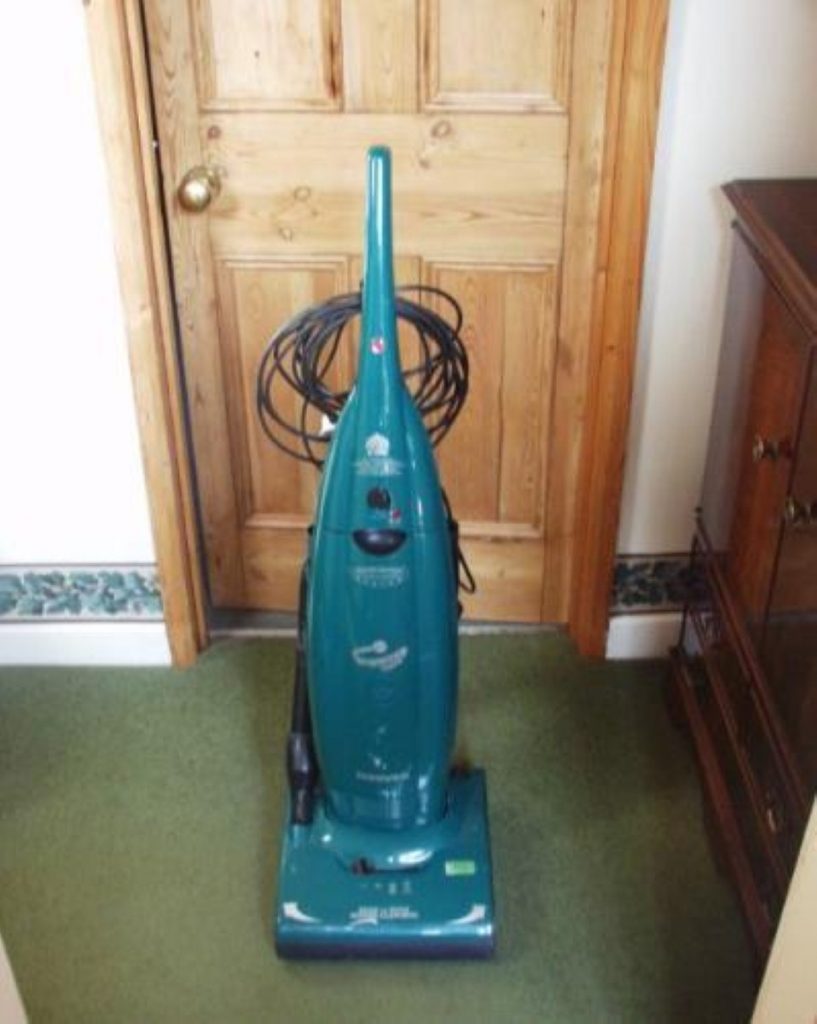Cleaners at increased asthma risk
Cleaners are at increased risk of developing asthma and other respiratory diseases, according to a new study from Spain published in the journal Thorax.
After surveying over 4,500 women from Barcelona, the scientists found the rate of respiratory symptoms amongst domestic cleaners, 12%, was more than double than for those who had never worked as cleaners, 5%.
Aside from domestic cleaners, women who had cleaned in hospitals and other healthcare centres had a significantly higher risk of asthma and bronchitis. Cleaners in hotels, laboratories and kitchens also had a higher risk, but not significantly so. In contrast, office cleaners were not found to be at increased risk.
The researchers hypothesise that exposure to products containing irritants and ‘sensitisers’, together with in indoor allergens, such as dust and pet dander, may be the cause of the elevated risk.


But Kirsty Jackson from the National Asthma Campaign points out that it is unclear from this study whether these products cause the condition, or simply aggravate underlying symptoms.
Ms Jackson also notes that domestic cleaners often have no access to occupational health support. She stresses that GPs should be aware of this cause of asthma, as it is often preventable or reversible if the trigger is identified swiftly.
The researchers agree this issue must be addressed: ‘The high risk of asthma attributable to domestic cleaning suggests a substantial public health impact, which might be even greater if we take into consideration that housewives and others doing cleaning tasks at home are probably also at risk.’
The Health and Safety Executive reports occupational asthma is the most frequently reported occupational respiratory disease in Great Britain, with the associated costs to society running to £1.1 billion. The HSE estimates there are 1,500 to 3,000 new cases of occupational asthma every year, a figure that rises to 7,000 if the incidence of asthma aggravated by work is included.

